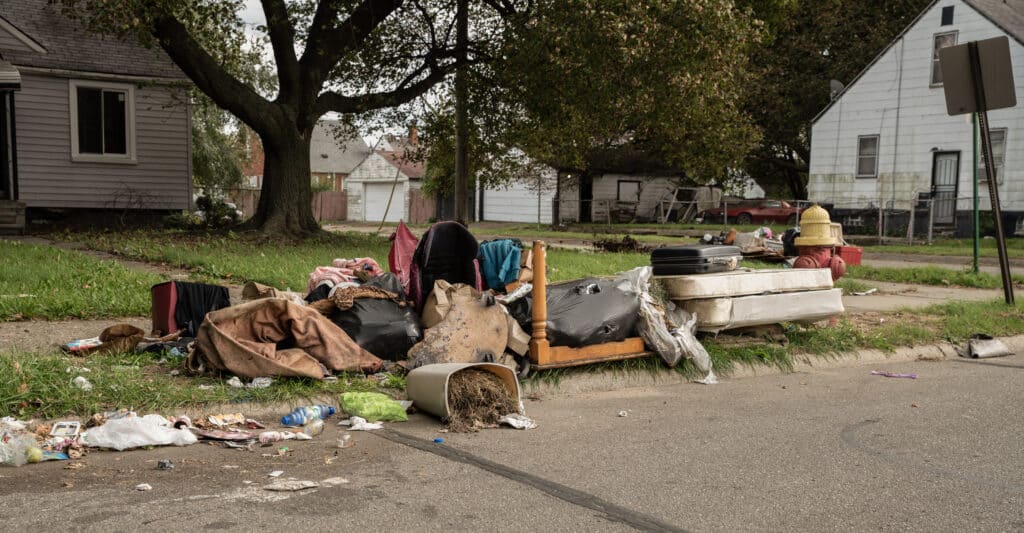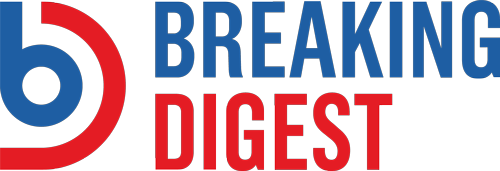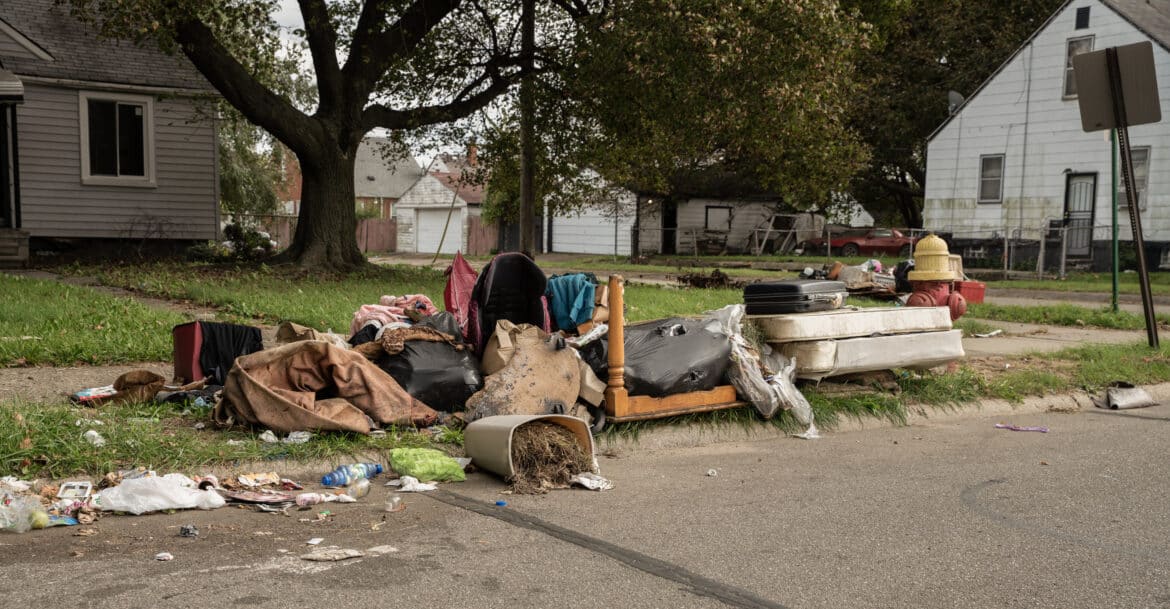
By J.A.
The median rent in the U.S. surpassed $2,000 a month in June for the first time. These increases are unlikely to cease as inflation continues to rise.
The rising rents mean that households representing a total of 8.5 million people were behind on their rent at the end of August, according to Census Bureau figures. Leaving 3.8 million of those renters claiming they’re somewhat or very likely to be evicted in the next 60 days.
The annual median household income for all renters in the U.S. is about $42,500, according to Zillow, 37% lower than the national median income of $67,500.
As of August, the Census Bureau reported that while 56% of renters had annual household incomes of less than $50,000, 24% of renters surveyed were paying more than $2,000 a month for rent.
30 million people representing half of all renters have seen their rents rise in the past 12 months, with 19% paying a monthly increase of $100 to $250, 7% paying $250 to $500 more and 4% needing to find another $500 a month to stay in their current apartments.
To meet higher rents, 57% of renters said they relied on credit cards, loans, savings or selling off some assets, including withdrawing from their retirement accounts.
Despite that, 14% of renters told the survey that they were still behind on back rent payments.




